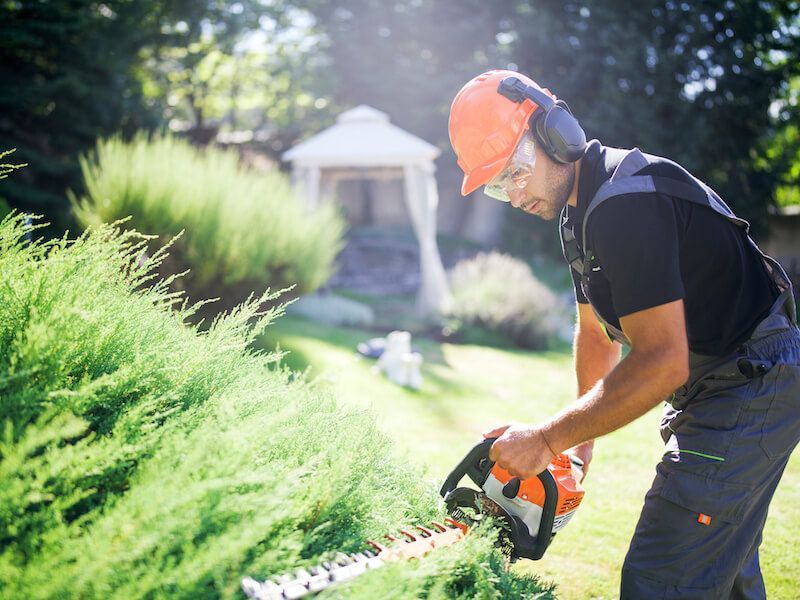This Summer You Can do Some Things to Protect Your Hearing

Finally, it’s summertime!!
That means it’s time to go out and partake in all of the exciting activities that the season has to provide. But keep the health of your hearing in mind before you head out for a day on the beach, a rocking concert, or perhaps a great backyard get-together.
Loud noises can damage your hearing, even if you don’t think they’re very loud. During the summer you’re a lot more likely to be exposed to loud sounds, so it’s very important to take the right steps to safeguard your hearing.
Here are some activities that are best experienced with earplugs.
Swimming
Even in clean pools, there can be parasites and bacteria that can cause swimmer’s ear. You can prevent infections by keeping water out of your ears and earplugs can help you do this.
Contaminated water getting into your ears, while usually not a serious problem, can have some unwanted consequences. It can result in inflammation, pain, and even short-term hearing loss.
Left untreated, infections can result in damage to the eardrum and the fragile inner workings of the ear.
It’s not possible to totally avoid all pathogens in pools or hot tubs, but using swimming earplugs will help protect your ears.
Live performances and concerts
Going to a concert is always fun, especially during the summer. Because the performers are trying to reach such a large audience, however, noise levels are often off the charts.
You may be exposed to more than 120dB of volume depending on the spot that you’re standing. That’s enough to cause immediate and permanent hearing loss.
Earplugs will block some of that sound but won’t distort it. Earplugs have an NRR rating with a range of 20 to 33, which establishes the strength of the protection. An NRR of 20 will reduce the sound by 20 dB. So if you’re at a concert with 120dB of sound, it will be lowered to 100dB.
However, that’s still a potentially damaging level.
The closer you are to a speaker, the higher NRR you’ll require to protect your ears and prevent permanent hearing damage. Even if you acquire the highest level of hearing protection, you will still be exposed to sounds loud enough to cause permanent hearing damage within 15 minutes. For the best protection, stand far away from the speakers and wear earplugs.
The same applies to indoor concerts, sporting events, plays, movies, cook-outs, festivals, or other events where sounds are being boosted through speakers.
Yard work
You do it each week, but the grass continues to grow. You take measures such as edging flower beds and weeding the gardens so your yard looks nice. Then you keep the long grass in check with a weed-whacker.
Power tools and other yard tools can be very loud, and prolonged exposure can and will harm your hearing. Earplugs will help lessen the noise from these tools and safeguard your hearing.
If you aren’t using earplugs when you use the mower, over time, you will be observably doing hearing loss.
Independence Day
It wouldn’t be Independence Day without them. On the 4th of July, we will all be celebrating our nation’s independence. But fireworks have a negative side. The noise they produce can be in excess of 175 dB. That’s the volume of a pistol being fired right next to your head!
You’ll definitely want earplugs if you’re attending a big fireworks show. If you’re close to the action, the highest NRR rating is suggested. You’ll protect your hearing from damage and the fireworks will still be loud enough.
It’s important to safeguard your hearing
Seek help before your hearing loss becomes profound. Hearing loss caused by loud noise can’t be corrected and since it happens so slowly, most people don’t realize they’re harming their hearing. Give us a call right away so we can help you determine any risks you may have.


